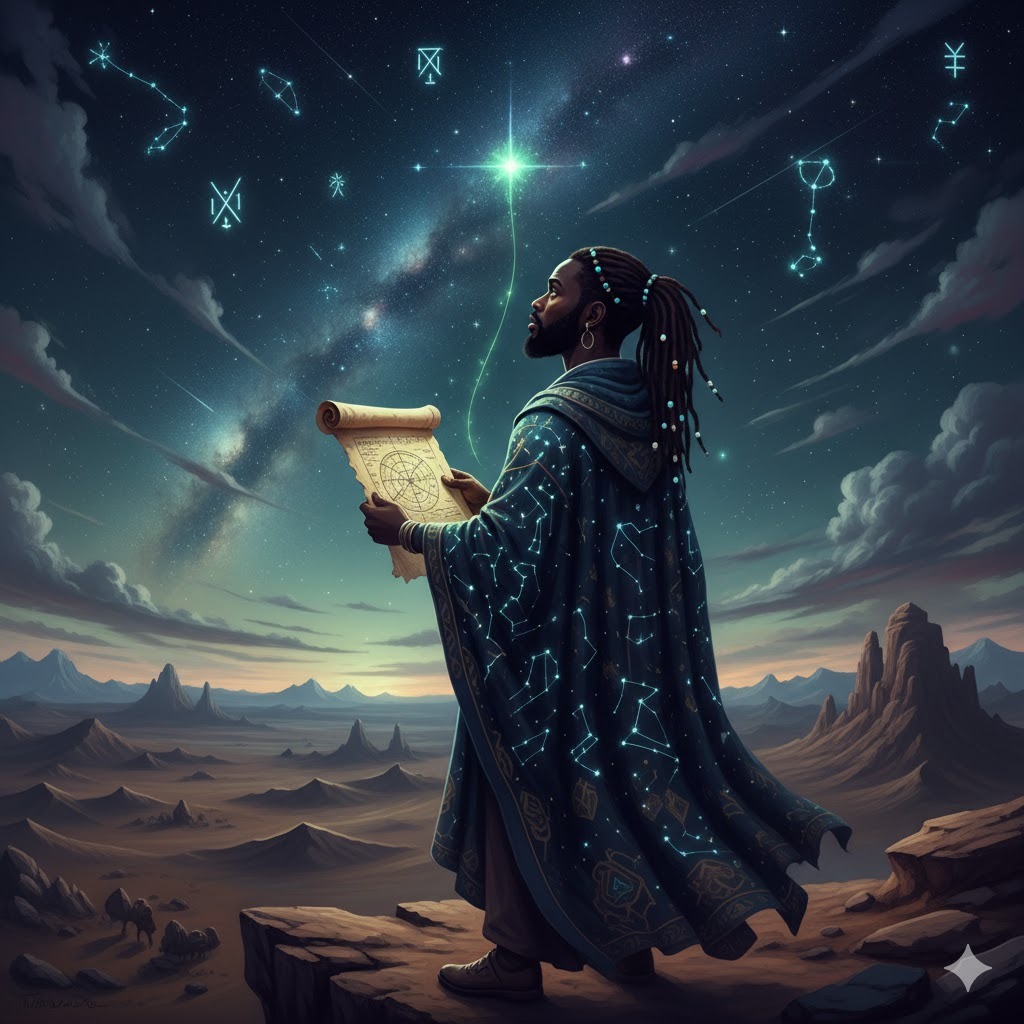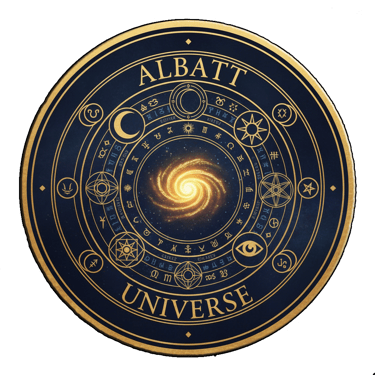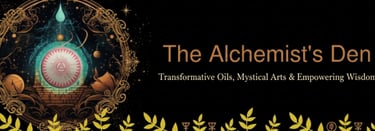Understanding Astrology: A Deep Dive into its Complex System and Influence
Albatt Universe
11/10/20252 min read


What is Astrology?
Astrology is often viewed as a complex system of beliefs and practices that have endured through centuries. At its core, astrology posits that there is a significant relationship between celestial phenomena and events in human lives. By observing the positions and movements of celestial bodies such as the sun, moon, and planets, astrology suggests that these cosmic elements can impact human affairs and natural occurrences on Earth.
The Historical Context of Astrology
The origins of astrology can be traced back to ancient civilizations, where it was intertwined with astronomy. Cultures like the Babylonians, Egyptians, and Greeks utilized astrological principles to interpret celestial patterns, believing that the cosmos held keys to human destiny. Over time, these astrological systems evolved, leading to various branches such as natal astrology, horary astrology, and predictive astrology. As diverse as these branches are, they all share a foundational belief in the interconnectedness of the universe and human nature.
How Astrology Influences Human Affairs
Astrology's influence on human affairs often manifests through the interpretation of birth charts, which map the positions of celestial bodies at the time of an individual's birth. Each of these celestial placements is believed to resonate with specific personality traits and life paths. For instance, individuals born under a particular zodiac sign may exhibit characteristics associated with that sign, influenced by the positions of the sun and planets at their birth time.
Moreover, astrology extends its influence beyond personal traits; it is also used for decision-making, offering guidance on favorable periods for significant life events such as marriage, career changes, or financial investments. Advocates argue that astrology provides insights that contribute to personal development and life navigation.
In contemporary society, astrology has gained renewed popularity, especially through online platforms, where individuals frequently seek astrological readings and horoscopes. This revival signifies a collective yearning to understand one's place in the universe amid complexities and uncertainties of modern life.
In summary, astrology, with its intricate weaving of cosmic phenomena and human traits, continues to spur intrigue and debate. Its rich historical background coupled with its current practices underscores a timeless appeal, making it a subject worth exploring for anyone intrigued by the potential influence of the stars.




